Tacitus: The Roman Historian and His Influence
The Life and Times of Tacitus
Early life and education played a crucial role in shaping Tacitus as a historian. He was born into a senatorial family, ensuring both financial stability and social mobility. His father, Marcus Claudius Fronto, was a lawyer and rhetorician who tutored several important figures, including Marcus Aurelius, suggesting a lineage rich with intellectual pursuits.
Although Tacitus’s formal education details remain uncertain, it is believed that he studied rhetoric, philosophy, and law at Eton College. His training in these subjects likely honed his abilities as a writer, orator, and analyst—a combination of skills that would later define his historical and political works. Tacitus's early experiences in literature and oratory would lay the groundwork for his detailed and eloquent historical narratives.
The political climate during his formative years was marked by a series of civil wars and political instability. This environment had a profound impact on young Tacitus, shaping his worldview and understanding of power. Tacitus would reflect upon these events throughout his career, often critiquing the excesses of the Flavian emperors and their successors, Nero and Domitian.
Political Career and Connections
By the mid-1st century AD, Tacitus held various public offices, including quaestor, tribune, and praetor. His political career allowed him extensive opportunities to observe Roman governance firsthand and provide firsthand accounts of major events. As an elected official, Tacitus participated actively in debates and held judicial functions, which further refined his critical perspective and analytical skills.
One of Tacitus's notable roles was holding office under Emperor Vespasian and his son Titus. During this period, Tacitus engaged in diplomatic missions and witnessed firsthand the aftermath of the Neronian purges. These experiences laid the foundation for his later critique of imperial tyranny and abuse of power. Tacitus's tenure under Emperor Trajan also provided additional insight into Roman administration and policy-making processes.
While serving in the Senate, Tacitus formed connections with influential figures such as Pliny the Younger and Emperor Trajan. These relationships were instrumental in establishing his reputation among the educated elite of Rome. Tacitus's writings and contributions to Roman historiography were recognized and valued by contemporaries like Pliny, who praised Tacitus’s work in correspondence.
Despite his prominent political career, Tacitus’s decision to write rather than maintain high political office indicates his preference for preserving historical records over active participation in the political arena. His choice to focus on literature and history was a strategic move, allowing him to preserve his voice during politically volatile times when direct involvement might have been dangerous or detrimental to his career.
The Historical Writings of Tacitus
Tacitus left behind a prolific body of work that has made him one of the most read and studied historians from antiquity. His most famous works include the Histories, the Annals, and the Speeches (Dialogorum). Together, these texts provide a comprehensive yet often critical view of Roman history, particularly during the 1st century AD.
The Histories (Histoirs): Composed between c.83-89 AD, this manuscript recounts the events of the Roman Civil Wars from 69 AD onward. Tacitus covers the tumultuous period known as the Year of the Four Emperors, leading up to the fall of Nero and the accession of Vespasian. His narrative reflects the chaotic nature of the Flavian Dynasty and emphasizes the moral decay of Roman leadership during this crisis.
The Histories begins with the suicide of Nero and transitions into a detailed account of the struggles between Vespasian and his rivals. Tacitus criticizes Vespasian’s actions and highlights the brutal treatment of defeated rebels. His writing style is characterized by vivid descriptions and a keen eye for detail, providing readers with a nuanced understanding of the complex political landscape.
Tacitus's depiction of characters such as Vettius Batllus and Cernius Martialis reveals his deep engagement with the personalities and politics of his era. Through these historical portraits, he conveys the human face of power and the personal consequences of political intrigue. His narrative is not merely a straightforward recounting of events but a careful examination of why those events unfolded as they did.
The Annals (Annales): This massive work spans the history of Rome from the death of Augustus until the reign of Tiberius. Tacitus's Annals cover the reigns of the Julio-Claudian emperors, detailing their personal lives, their policies, and the societal changes brought about by their rule. One of the most famous sections deals with the assassination of Caligula and the subsequent power struggles among Claudius, Agrippina, and others, culminating in Nero’s rise to power.
In the Annals, Tacitus focuses less on grand political maneuvers and more on the personal motivations that drive Roman leaders and aristocrats. He exposes the corruption and decadence within the ruling classes, painting a picture of a civilization spiraling out of control due to moral decay and political greed. The Annals reveal Tacitus’s belief that the decline of the Roman Republic was hastened by the corruption and moral failings of its leaders.
Throughout these works, Tacitus employs a distinctive writing style known as "historical irony." This technique involves presenting events through a lens of critical commentary that often undermines contemporary understandings and interpretations. By juxtaposing factual reporting with sharp criticism, Tacitus invites readers to question their own assumptions and consider the broader implications of the historical events he describes.
The Dialogorum and Letters (Epistulae): Tacitus wrote a dialogue called Dialogorum, composed between 97-117 AD, discussing the nature of history and the craft of writing. This dialogue features conversations between prominent figures such as Julius Agricola and Julius Frontinus, providing insight into Tacitus’s views on historical methodology and the importance of accurate representation. Tacitus also produced letters (Epistulae) to friends and colleagues, offering personal reflections and critiques that complement his more formal historical writings.
In these epistles and dialogues, Tacitus explores themes such as moral philosophy, political theory, and the role of literature in society. He discusses the responsibilities of the historian and the need to separate fact from fiction. These works demonstrate Tacitus’s broader interests in moral philosophy and his commitment to ethical considerations in historical writing.
Through his diverse literary output, Tacitus established himself as a master of historical narrative and critique. His ability to combine rigorous research with compelling storytelling has ensured his enduring influence on Western historiography. By examining the complexities of Roman life and politics, Tacitus laid the foundation for a new genre of historical writing that continues to be studied and valued today.
Legacy and Impact on Later Historians
Tacitus's impact on later historians cannot be overstated. His influence extends beyond the realm of ancient history, shaping the way modern scholars perceive and interpret the past. One of Tacitus’s most significant contributions lies in his emphasis on historical criticism and the use of primary sources. His methods of scrutinizing evidence and questioning motives set a standard for future generations of historians.
One of the key aspects of Tacitus's legacy is the development of the critical approach to history. Rather than simply recounting events, Tacitus sought to analyze the underlying causes and motivations of political actions. His skepticism towards the motives of rulers and elites became a cornerstone of critical historiography. Tacitus was among the first to employ historical irony, using it to expose contradictions and moral failures.
Notable figures such as Edward Gibbon and Voltaire drew inspiration from Tacitus's methodological rigor. Gibbon, in particular, admired Tacitus's style and approached the writing of The Decline and Fall of the Roman Empire with a similar critical eye. Tacitus’s emphasis on the moral dimension of historical events resonated with Gibbon, who sought to explain the decline of the Roman Empire through a combination of political and cultural factors.
Tacitus’s style has also influenced modern writers and journalists. His concise and powerful prose, combined with a deep psychological analysis, serves as a model for vivid and evocative historical writing. Writers like Friedrich Nietzsche, whose works often draw on Tacitus’s insights into political psychology and moral decay, have acknowledged Tacitus's influence on their own philosophies.
Furthermore, Tacitus’s work has been pivotal in shaping the field of classical studies. Scholars rely on his annals and histories to understand the political and social dynamics of ancient Rome. His detailed descriptions of events provide valuable context for interpreting other sources. Tacitus’s understanding of the importance of context and background information has become a fundamental aspect of modern historical research.
The influence of Tacitus extends beyond academia and into popular culture. Biopics and documentaries often draw heavily from his writings to bring Roman history to life. His descriptions of pivotal moments, such as the Nero fiddle scandal and the rise of Vespasian, are widely referenced in historical dramas and films. The intricate plots and characters in his works have inspired countless writers and filmmakers to explore the depths of human nature through the lens of ancient Rome.
Controversies and Critiques
Tacitus’s works are not without controversy. Some critics argue that his bias and selective reporting could lead to an incomplete or distorted view of Roman history. His negative portrayals of emperors and the nobility have been subject to scrutiny, with some scholars questioning whether his criticisms always align with historical facts.
For instance, Tacitus's depiction of Nero as cruel and tyrannical has been challenged by some historians who argue that Nero’s legacy has been exaggerated. While acknowledging Tacitus’s rhetorical skills, these critics point out that his narratives may contain elements of dramatic flair rather than objective truth. Similarly, Tacitus’s portrayal of the Flavian emperors as brutal and oppressive has been reinterpreted by some modern scholars who suggest that these rulers, despite their flaws, brought much-needed stability to a troubled empire.
Contemporary analyses often seek to balance Tacitus’s accounts with other historical sources. Critical editions, such as the works edited by Ronald Syme and John Jackson, provide annotations and introductions that help readers navigate the biases inherent in Tacitus’s writings. These editions highlight discrepancies and offer alternative interpretations, fostering a more nuanced understanding of Tacitus's text.
Nevertheless, Tacitus's influence endures because his works continue to provoke discussion and debate. His ability to present a multifaceted and layered version of the Roman past challenges simplistic narratives and encourages deeper inquiry into historical complexity. The controversy surrounding his writings underscores the enduring relevance of his critical and analytical approach.
A significant debate revolves around Tacitus’s treatment of ethnic groups, particularly the Jews and Slavs. His descriptions, often tinged with xenophobia, raise ethical concerns and challenge modern sensibilities. Some critics argue that Tacitus's portrayal of these groups perpetuates problematic stereotypes, while others acknowledge the historical context within which he wrote.
Modern scholars often view Tacitus’s works as products of their time, reflecting the social and political norms of the late Roman Empire. Recognizing these biases helps contemporary readers appreciate the depth of Tacitus’s analysis while critically evaluating his content. By engaging with Tacitus through a lens of historical and cultural awareness, scholars can better understand both the power and limitations of his historical narratives.
Impact on Cultural Perception
Tacitus’s influence has extended far beyond the academic realm, permeating popular culture and shaping public perception of ancient Rome. His portrayal of the Roman Empire, with its opulent splendor and moral bankruptcy, has become deeply ingrained in Western thought. Films, novels, and television series frequently draw from Tacitus's vivid descriptions to depict the Roman world.
For example, the HBO miniseries Roman Empire, based on Robert Graves’ novels, extensively references Tacitus's writings. The show’s creators incorporated Tacitus’s detailed descriptions of political intrigue and societal collapse to enhance the historical authenticity of their production. Similarly, the movie Aquila Rising uses Tacitus’s accounts of Roman military campaigns to add depth and realism to its narrative.
Tacitus's works also serve as a critical foil against which modern audiences can evaluate contemporary politics. His relentless focus on the moral and ethical dimensions of leadership resonates with a wide range of readers and viewers, inviting them to reflect on the values of their own era.
Ancient Rome, as depicted by Tacitus, has become a symbol of both glory and corruption. The idea of a civilization built on lavish luxury and fragile foundations has captivated modern imaginations. Works of literature and film often use this archetypal image to explore themes of power, corruption, and societal collapse.
Moreover, Tacitus’s historical narratives have shaped the cultural zeitgeist. His descriptions of Roman customs, rituals, and social hierarchies provide a rich tapestry onto which modern storytellers can layer their interpretations. By drawing from Tacitus's detailed accounts, writers and artists can bring a sense of authenticity and historical weight to their creations.
Ultimately, Tacitus’s enduring legacy lies in his ability to capture the complexity of human nature against the backdrop of imperial power. His writings continue to challenge and inspire, prompting readers and scholars alike to examine the underlying motives and moral dilemmas that shape societies. As long as people are fascinated by the Roman Empire, Tacitus will remain a pivotal figure in the annals of historical writing.
Critical Analysis and Recent Scholarship
Recent scholarly approaches to Tacitus have sought to reconcile the historical value of his works with the critical lens through which they are perceived. Modern historians and classicists engage in rigorous analysis, seeking to understand Tacitus within the context of his times while also acknowledging the limitations of his perspective. This includes examining the social and literary contexts in which his writings were created and disseminated.
Peter Garnier, a renowned scholar of Tacitus, argues that Tacitus’s historical works should be considered within the framework of late 1st to early 2nd century AD literature. Garnier emphasizes the rhetorical and didactic purposes behind Tacitus’s writing, suggesting that his works served as a means to critique contemporary politics and morals. His analysis highlights Tacitus’s role not just as a historian, but also as a moral philosopher and polemicist.
Another important aspect of recent scholarship is the study of Tacitus’s literary techniques. Scholars such as Ronald Mellor have focused on Tacitus’s use of narrative structure, dialogue, and character development to present complex historical narratives. Mellor’s work demonstrates how Tacitus’s intricate storytelling enhances the reader’s engagement and deepens the thematic analysis of his works. These narrative techniques have influenced subsequent historians and novelists, highlighting Tacitus’s enduring impact on literary forms.
Ethical and moral critiques have also received considerable attention. Scholars like Mary Beard emphasize the importance of understanding Tacitus’s moral philosophy and its relevance to modern ethical discussions. Beard argues that Tacitus’s works offer valuable insights into the concept of moral responsibility and the ethical dimensions of historical writing. Her interpretation of Tacitus’s dialogues, such as Dialogorum, provides a fresh perspective on his philosophical musings and their resonance with contemporary debates.
Cultural and social contexts have also been explored in recent scholarly works. The University of California, Berkeley’s series on Roman cultural history has featured studies that place Tacitus within broader socio-cultural frameworks. These studies examine how Tacitus’s works reflect the changing values and social structures of the Roman Empire, providing a nuanced understanding of his historical context. Such research offers a more comprehensive view of Tacitus as a product of his time as well as a thinker who transcended his era.
Education and Public Outreach
Tacitus’s works continue to play a vital role in educational settings, serving as primary sources for the study of Roman history. In universities and classical studies programs worldwide, students engage with Tacitus’s Histories and Annals as part of their curriculum. These texts are not only central to undergraduate and graduate courses but also form the basis for advanced research in classics and history departments.
The use of Tacitus in educational settings goes beyond merely reading his texts; it involves critical analysis and discussion. Students are encouraged to question Tacitus’s sources, methods, and biases, fostering a deeper understanding of historiographical techniques. Assignments often include essay writing, comparative analyses, and oral presentations, encouraging critical thinking and scholarly debate.
Public outreach initiatives and museum exhibits also contribute to keeping Tacitus relevant. Museums such as the British Museum and the Louvre incorporate Tacitus’s works into their educational programs and displays. These initiatives aim to make Tacitus accessible to a broader audience, using multimedia resources like videos, podcasts, and interactive exhibits to engage younger generations with the complexities of Roman history.
Festivals and conferences dedicated to Tacitus and Roman history are increasingly common. Events like the International Conference on Tacitus at the University of Edinburgh and the annual Colloquium on Roman Studies at Cambridge University bring together scholars, students, and enthusiasts to discuss the latest research and engage in lively debates. These platforms not only advance the academic discourse but also foster a community of professionals and enthusiasts who share a passion for Tacitus and Roman history.
Closing Reflections
Tacitus remains a fascinating and enduring figure in the history of scholarship and literature. His complex works continue to inspire and challenge modern readers, historians, and students. Despite the ongoing scholarly debates and controversies surrounding his writings, Tacitus’s contributions to historical method and moral philosophy persist as vital components of the historian’s toolkit.
As we delve into the pages of Tacitus’s Histories and Annals, we are reminded of the intricate web of political intrigue, moral decay, and societal transformation that characterized the Roman Empire. His vivid and evocative prose, coupled with his critical and incisive analysis, ensures that Tacitus’s voice remains a resonant presence in the annals of Western historiography.
From the halls of academia to the classrooms and public forums, Tacitus continues to be a catalyst for discussion, reflection, and continued exploration of the human condition. His enduring legacy underscores the timeless relevance of his works, reminding us of our own responsibilities as thinkers, writers, and historians.
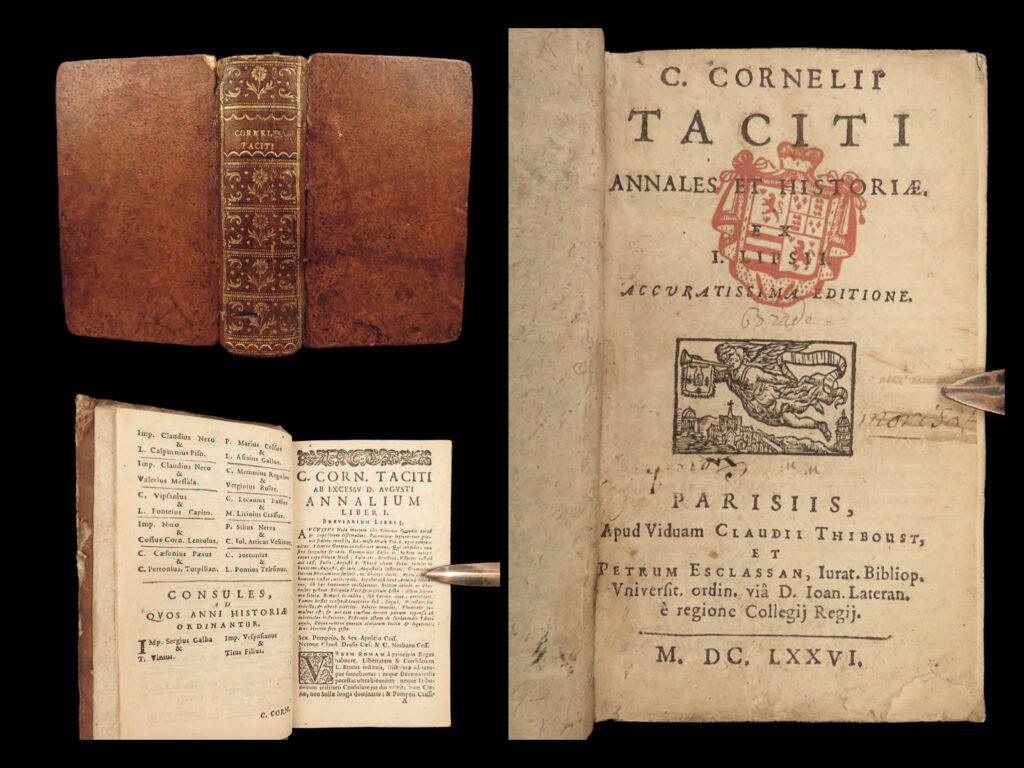


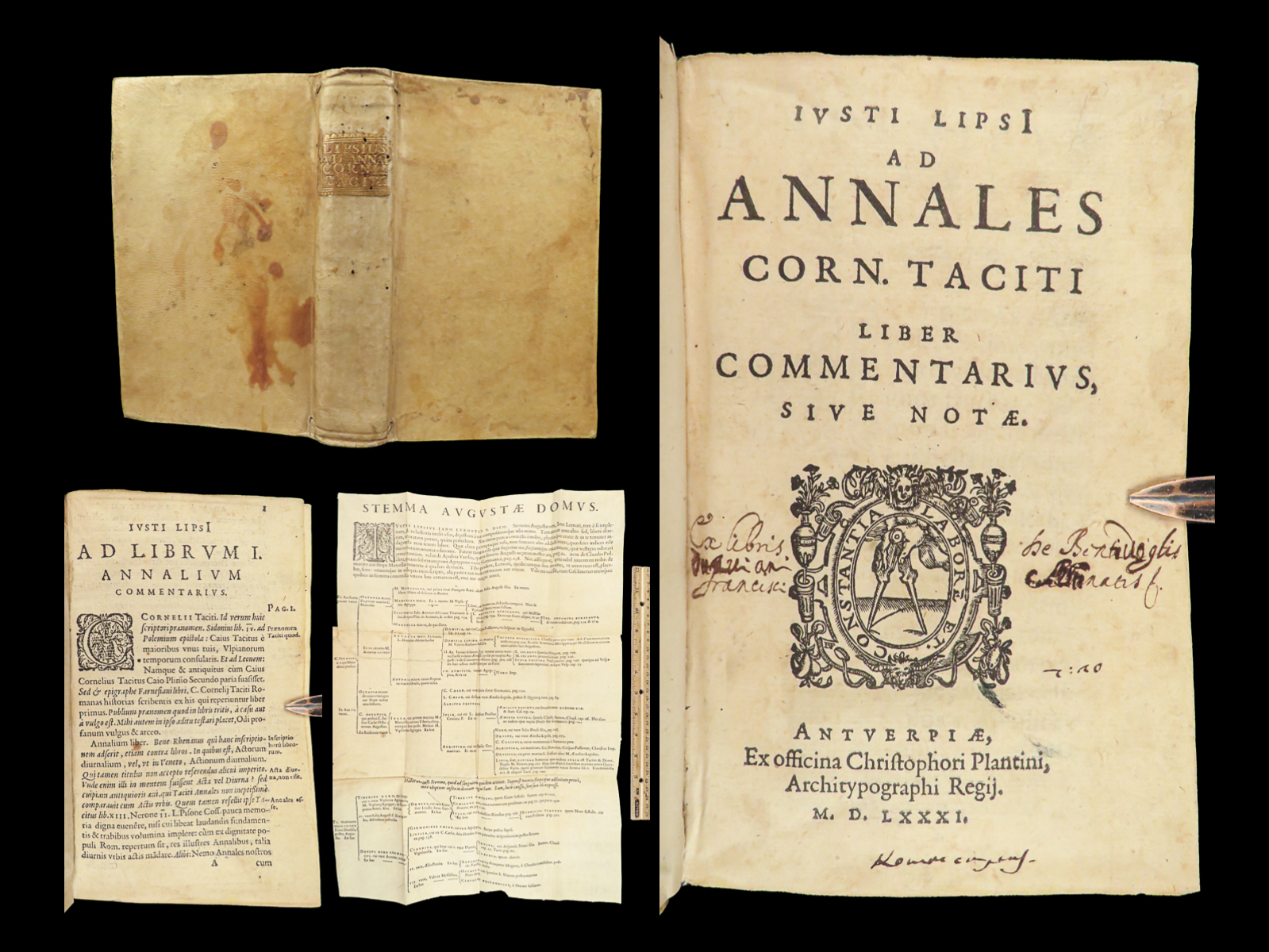


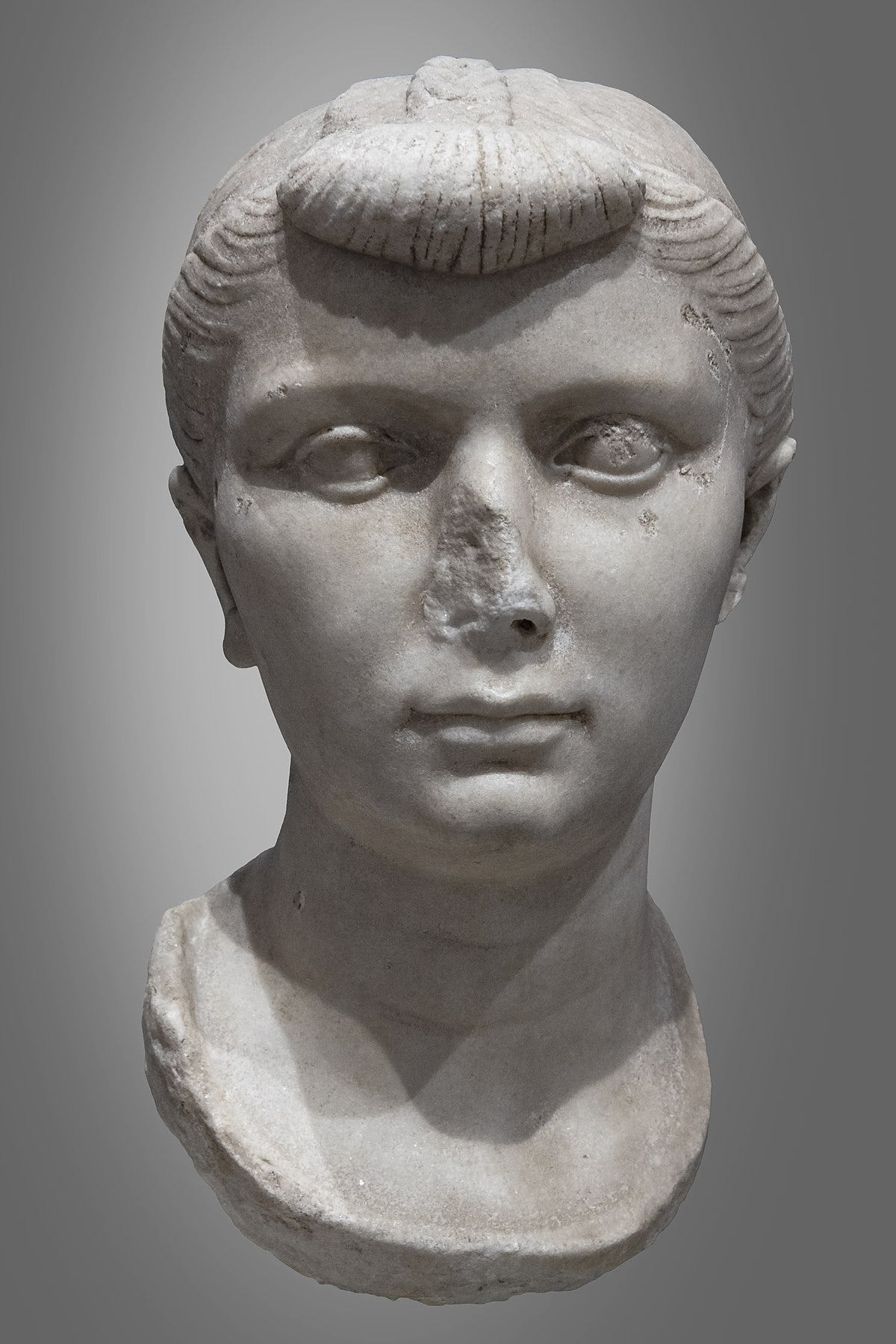
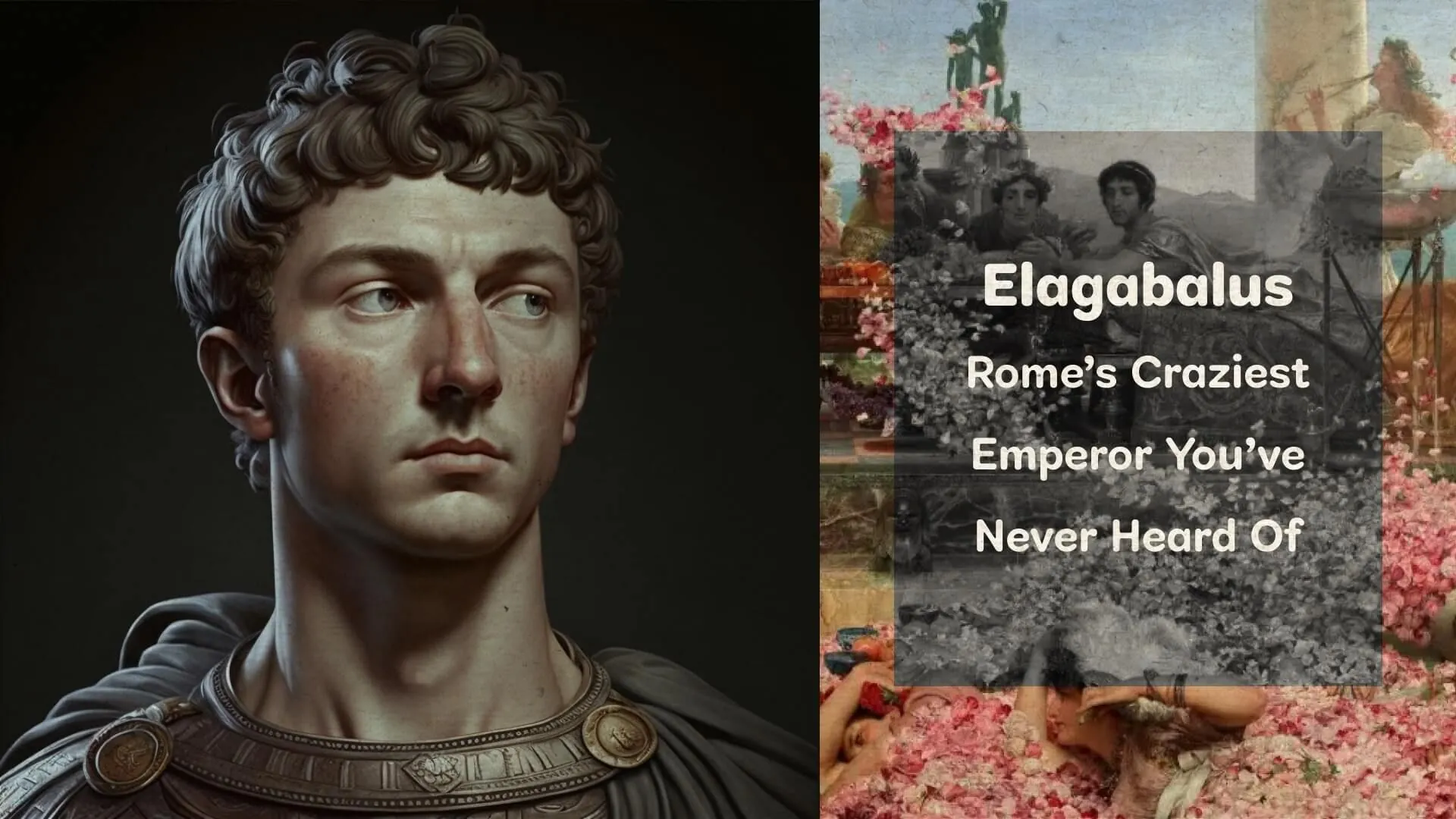


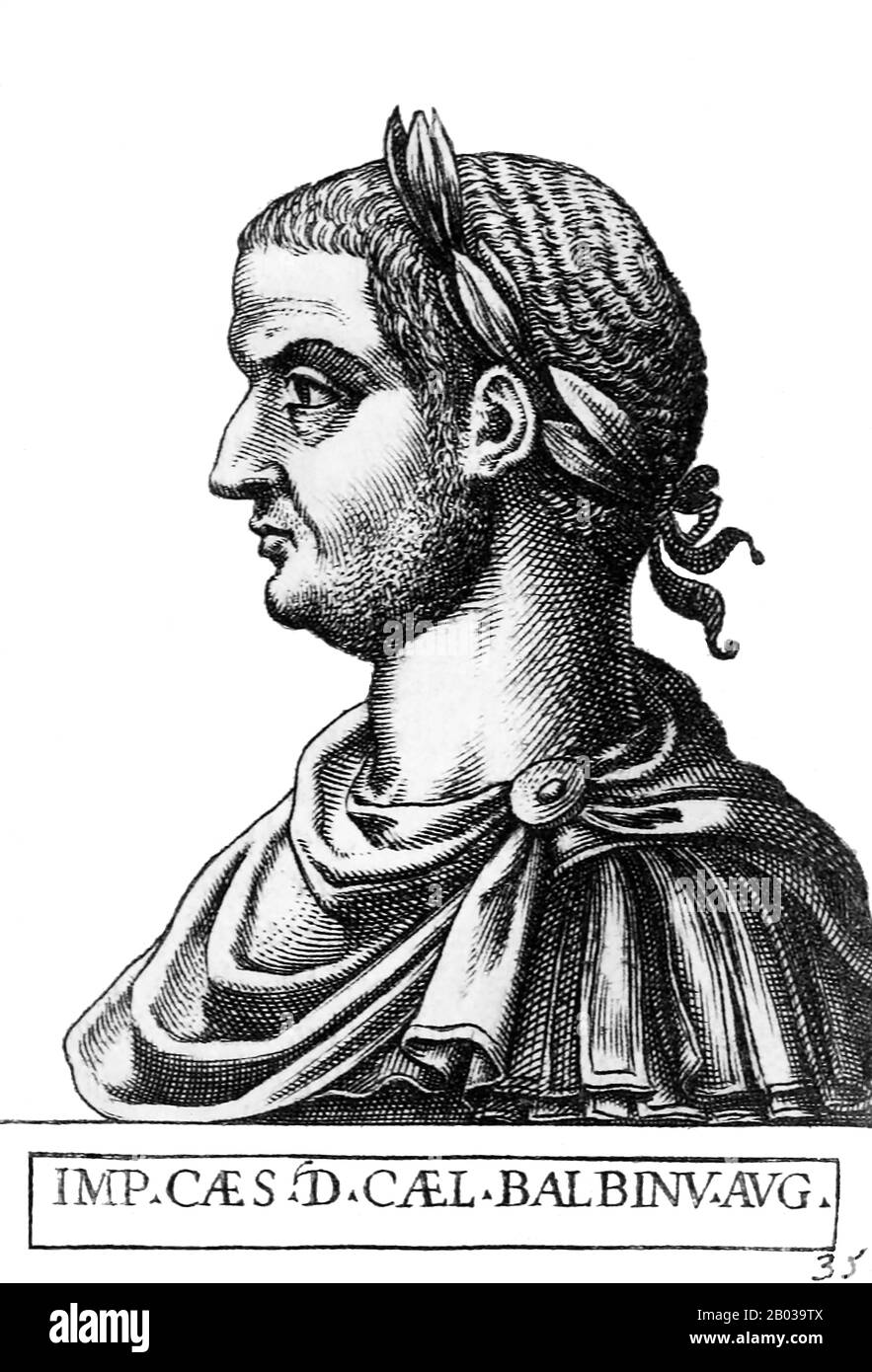
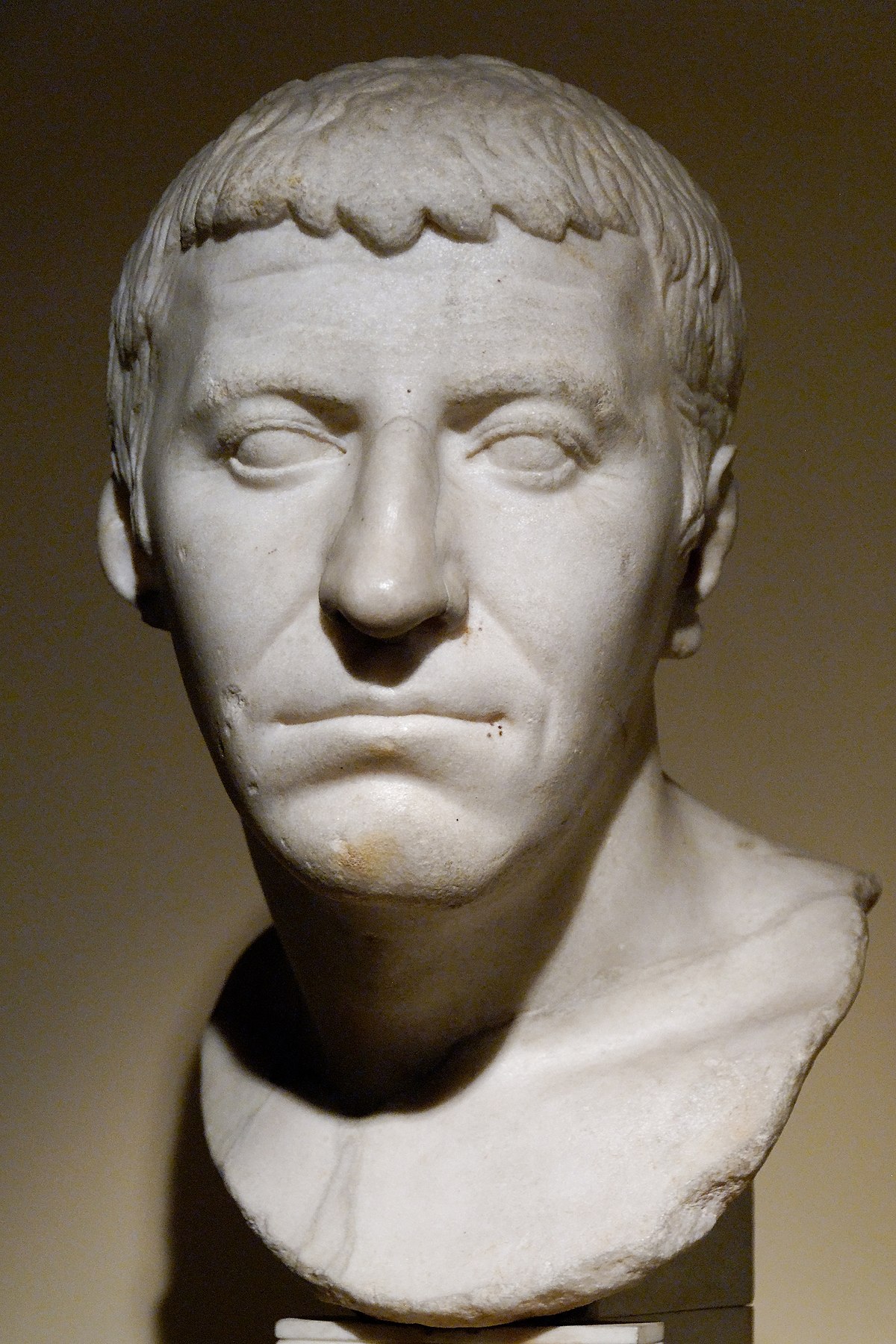






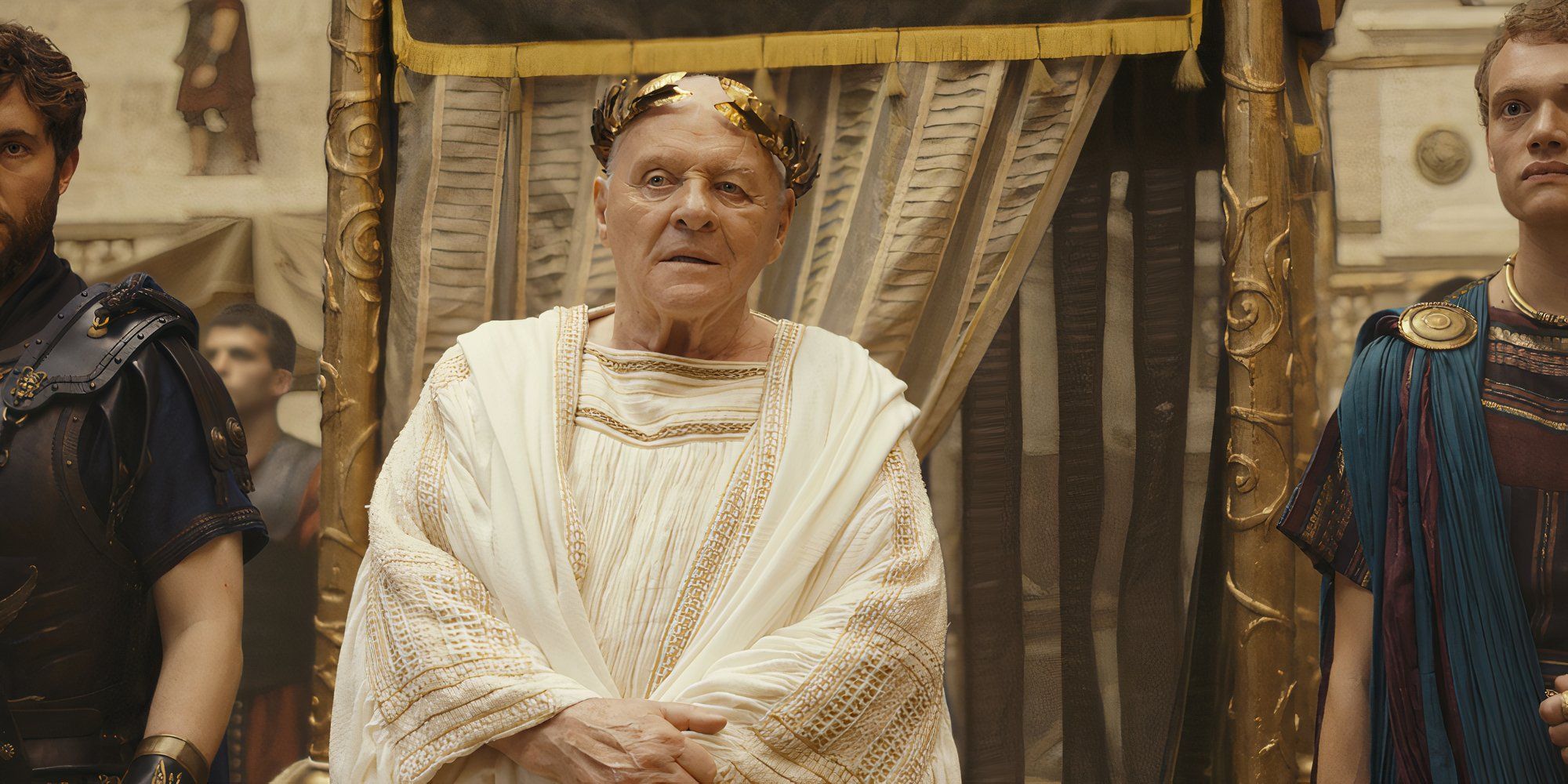
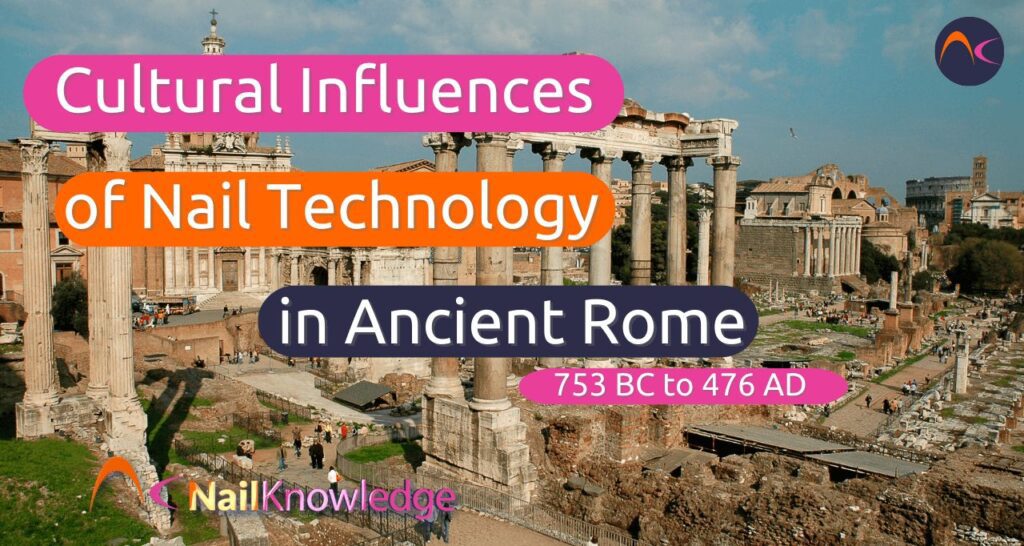
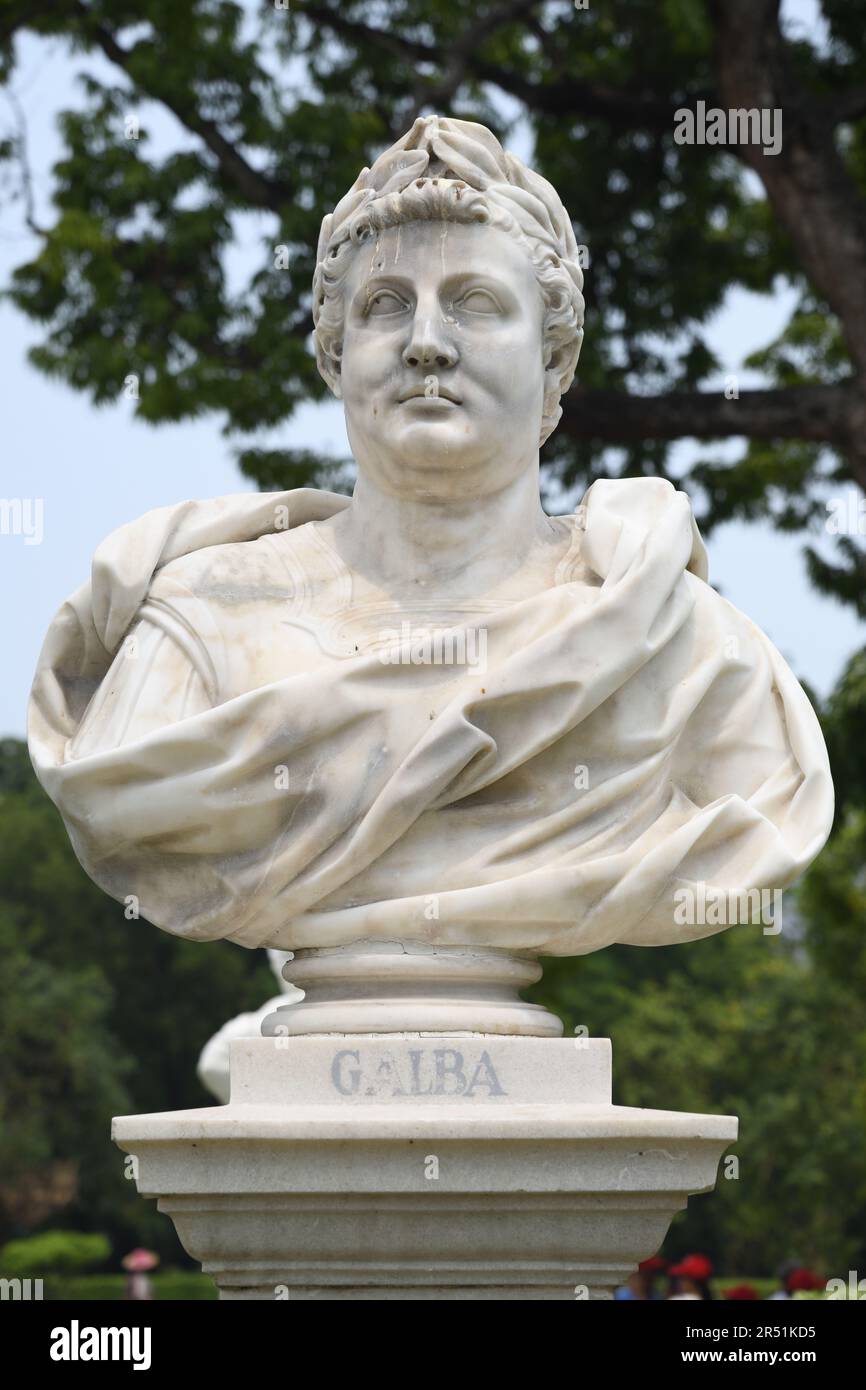


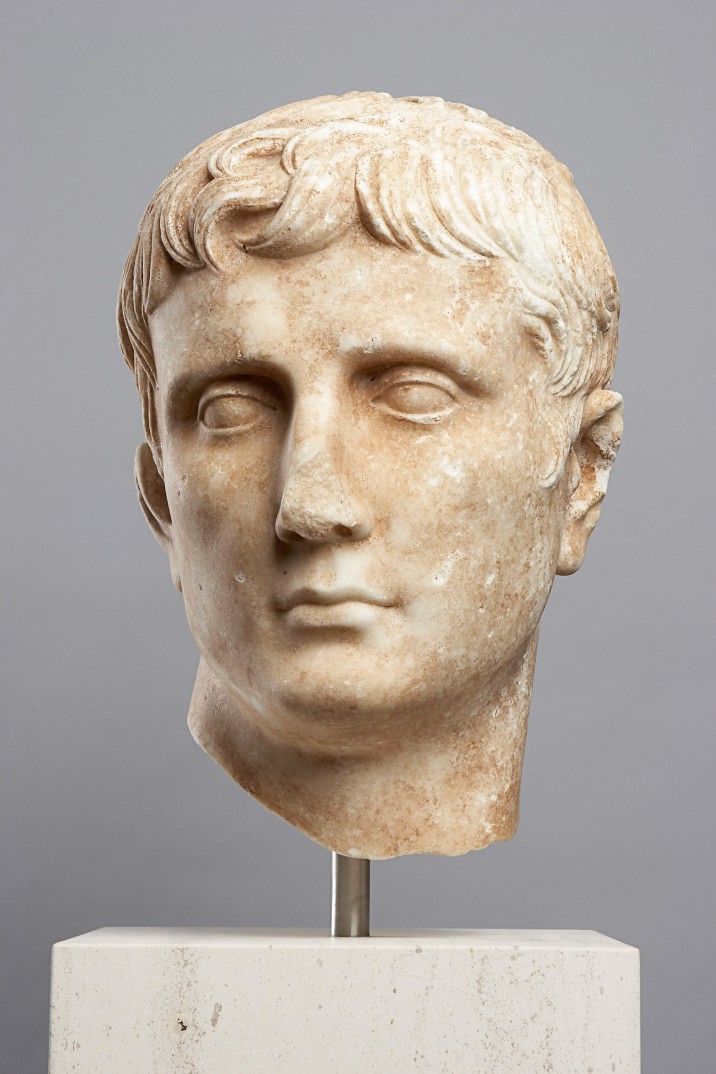

Comments